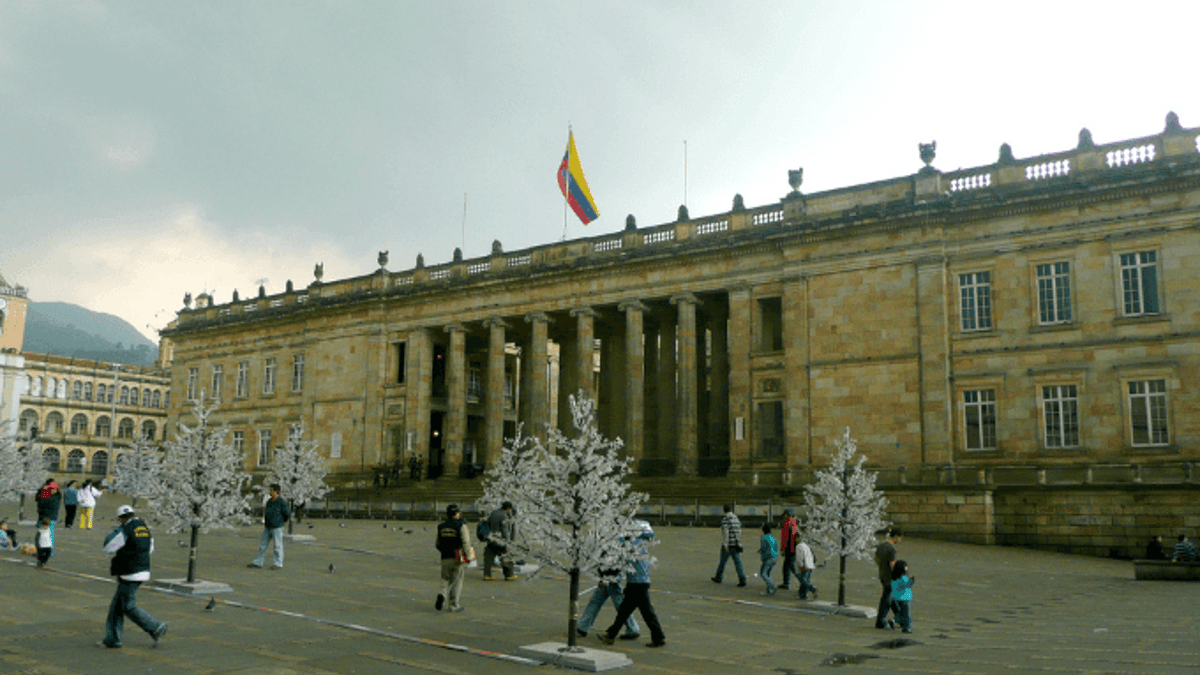Colombia Gambling Revenue Raises $2.5bn For Healthcare

Colombia announced recently the country’s legal gambling had helped raise $2.5 billion for Colombia’s healthcare system over the past six years.
Coljuegos, the country’s gambling regulating organization, announced their most recent findings, and how much legalized gambling had benefitted the healthcare system in the past six years.
"We are reiterating to the country the message that Coljuegos established as its slogan: 'Playing legal is betting on the health of Colombians,' because throughout the institutional management, efforts to raise awareness among Colombians of supporting legality in games of luck and chance allowed us to reach the most important achievement: generate more resources for the health of Colombians.”
Pérez Hidalgo, Coljuegos president:
"Not only we can show a growth of 44% in the collection for exploitation rights that finance the health sector, also the development of an industry that contributes with the payment of taxes, which is governed by statutes and regulations and that today must be cataloged as a sector of the national economy that contributes more than $2bn.”
Colombia's Biggest Earners
The largest earners in Colombia were casinos and bingo halls, providing roughly 60%, or $1.5 billion. The specific game Baloto-Revancha generated $663.498 million. The game Superstar also generated a significant portion by itself, at $284.480 million. Promotional games from private companies contributed $23.478, and online games managed $16.475 million in a single year.
Colombia has also been cracking down on illegal gambling. Over the same time period, Colombia has seized 21,821 unlicensed games, arrested 33 illegal operators, and shut down 419 illegal gambling sites.
Gambling Funds Toward The Public Good
The laws to direct gambling revenue toward funds that would directly benefit the public are not a new concept. In the United States, it’s common for states to direct tax revenue from gambling to the state’s education fund. 23 states direct revenue from the state lottery primarily into public education funding, 11 states funnel money into other specific projects, and an additional 9 dump the lottery revenue into the state’s general fund.
The first state to adopt the model was New Hampshire in 1964, which directs 30% of lottery revenue toward K-12 education. The lotteries across the US have had more time than Colombia to gain popularity, as by 2007, New York was able to boast $2 billion put toward education per year (at a rate of 33% tax per year). Also in 2007, Texas had reached a billion per year put toward education. By 2011, Florida and California had also joined the billion dollar club.
Of course, there are some negatives. It’s often reported that states don’t put as much lottery revenue toward the various causes as advertised, but it’s more often been more funding for education than a state would have had otherwise. For example, in 2011, Florida’s lottery system contributed $1.41 billion to the school funds. The largest chunk ($426 million) went to the Florida Bright Futures Scholarship, a merit-based scholarship program for local college students studying in-state.
Gambling revenue funds in the US have long surpassed what Colombia can produce, but Colombia is another example of a country putting their extra revenue to good use. The $2.5 billion revenue can go a long way to help improve the state of the country.
Stay In The Loop With New Casino Sites & Offers!
Free Spins. Exclusive Bonuses. Sent Weekly.






